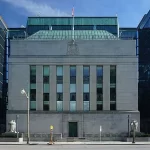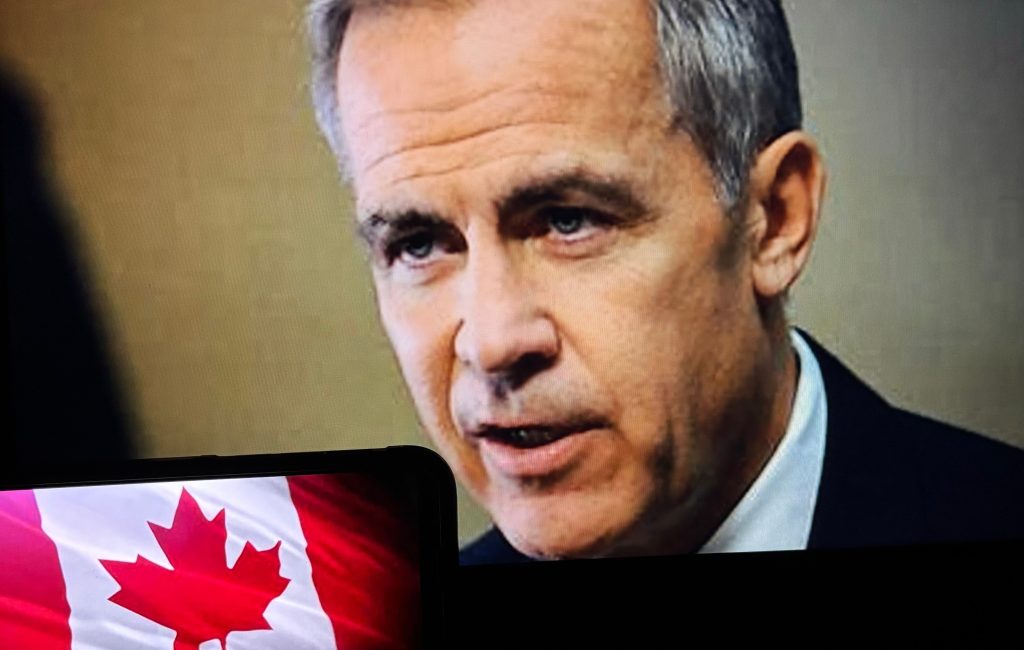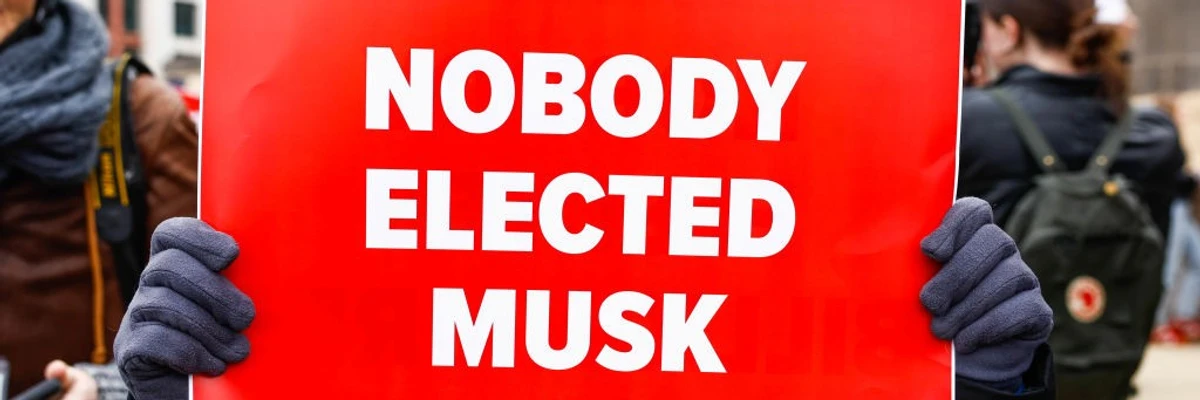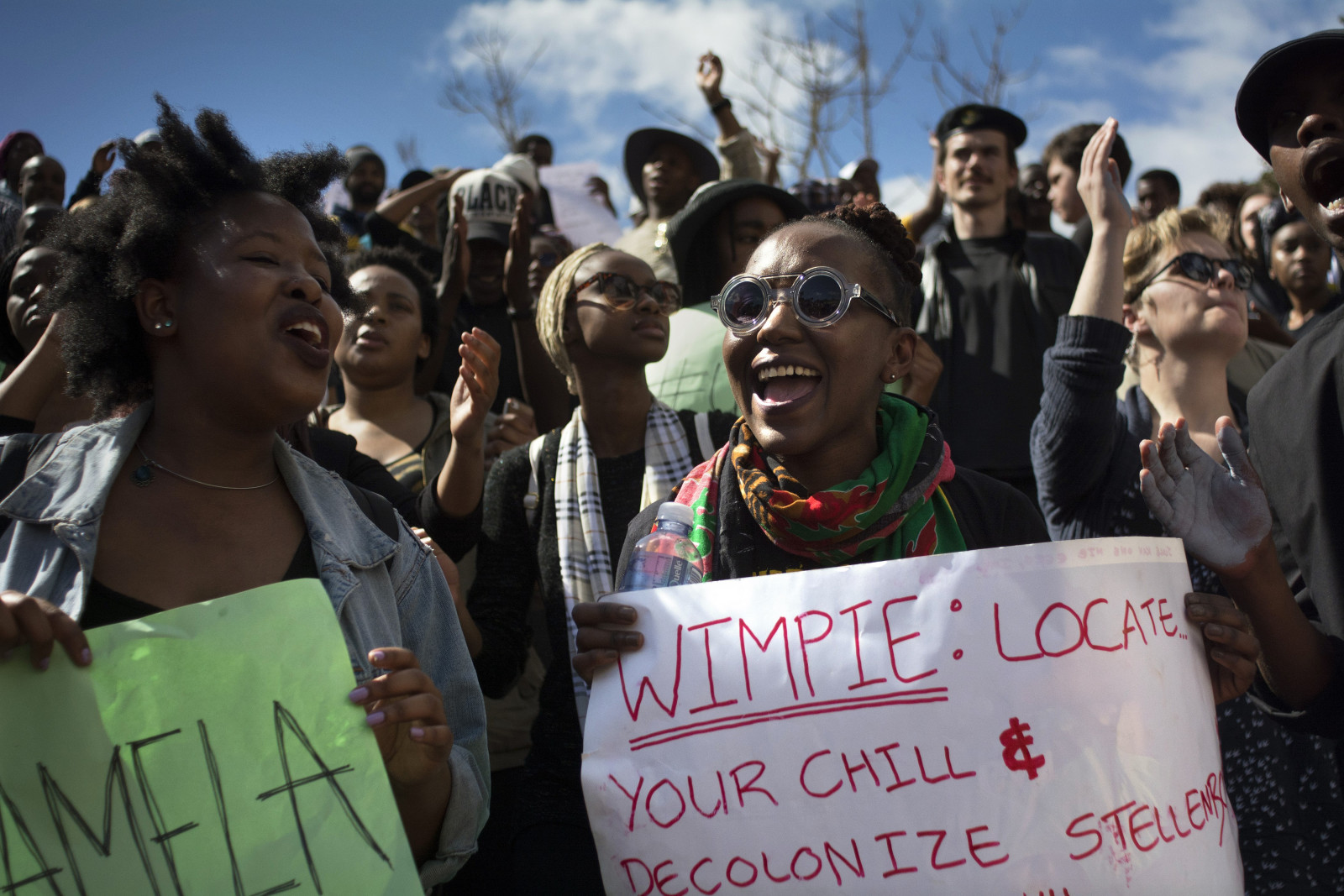The recent visits of Russian President Vladimir Putin to Saudi Arabia and the United Arab Emirates, as well as the visit of the Iranian counterpart to Moscow, served as a reminder of the growing significance of the Persian Gulf in global politics, particularly in terms of domestic foreign policy. While the region has always garnered attention, primarily due to its abundant natural resources and the ongoing geopolitical competition to assert control over them, these recent visits highlight its continued importance in international affairs.
The structure of the international system has changed. Firstly, the so-called ‘middle powers’– and all the countries I have mentioned belong to this category– play a much more important role than they did 10 to 15 years ago, and this influence is growing at the expense of the big countries. Second, regional politics is increasingly driven by regional forces, even if it is an area where major foreign interests converge.
The Gulf states and Russia share numerous common interests, with oil market management being a vital concern. Despite global instability, OPEC+ has demonstrated remarkable resilience, albeit with mounting internal tensions. Russia stands to benefit significantly from its involvement, both economically and politically, as it provides a means of maintaining influence on the world stage. The financial aspect extends beyond oil prices and encompasses cooperation with affluent Arab monarchies, who are eager to explore opportunities in the Russian market. However, they proceed with caution, mindful of potential US retribution, as Washington posesses various means to punish its longstanding Arab partners.
But agains the backdrop of global change, states that had previously adhered strictly to bloc discipline began to behave much more independently. The strained relations between the Saudi leadership and the administration of US President Joe Biden are well known. And it’s not just the tragic story of journalist Jamal Khashoggi or the rhetoric on rights and democracy. Riyadh has clearly grasped the global shifts and dramatically pushed the boundaries. They have not disappeared altogether, but they have undoubtedly widened. And the US must accept this with some reluctance. There is a great opportunity for countries that were previously in a subordinate position to change their situations and wriggle away from their long-term patron.
The shared interest in the Middle East has brought Russia and the Gulf states closer together, with Moscow’s increased involvement in the region beginning in 2015 with its intervention in Syria. This turning point marked the beginning of Russia’s recognition as a major player by the leading countries, includng Saudi Arabia, and paved the way for meaningful cooperation.
Today, the region is witnessing yet another catastrophe in Gaza, the outcome of which may be contradictory. ON the one hand, it demonstrates the impasse into which the Palestinian question has led everyone. On the other hand, there may be no fundamental change at all. One thing which everyone agrees on is the need for a new scheme of regional organization. Everyone has different aspirations, but no one has a ready-made recipe. In this sense, the participation of all parties– not only those who are interested, but also those who have some influence– is indispensable.
Of course, the Ukraine conflict is the priority issue for Russia. Strangely enough, the Persian Gulf states have turned out to be quite closely linked to it. Military and technical cooperation with Iran, the quiet diplomacy of Saudi Arabia, the UAE, and Qatar to resolve specific issues, and the general independence of the sub-region are all playing a greater role at present than anyone could have imagined two years ago.
Russian politics and diplomacy are being reorganized. Now that the West has disappeared from the Russian foreign policy palette (there is nothing but confrontation in this direction), new threads are being formed, sometimes quite spontaneously. In the case of the Gulf, however, it is worth treating it as a pillar. And not only because it is well resourced.
Russia’s international activities have yet to find a new balance. It is clear that China stands out simply because of its size and global role. But that is why any effective means of balancing it is particularly important. There are other powers in East and South Asia, but there is an element of rivalry between them and Beijing. However, the wealthy and influential states of West Asia, especially the Gulf monarchies, are a counterweight without the baggage of confrontation.
Iran, Saudi Arabia, and the UAE have an uneasy relationship. But all three will join BRICS+ next month, and that is a significant change. A promising type of international organization is not a club of like-minded people, but a gathering of those who can influence important processes in different ways and agree on the equal weight of that influence. Not easy, but effective.










